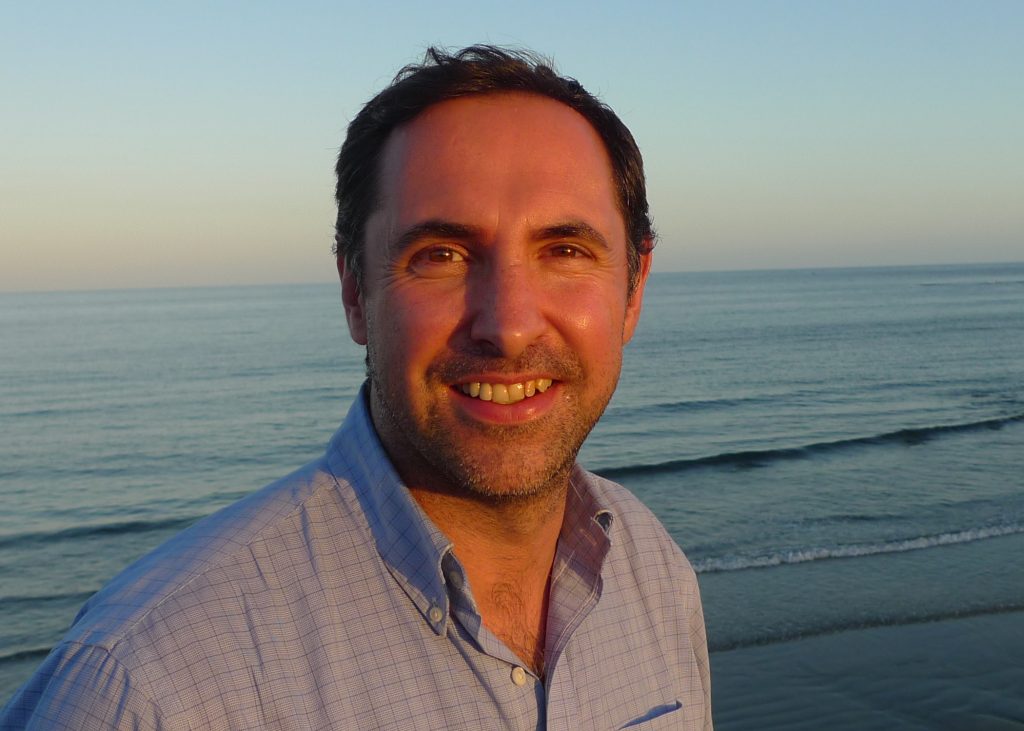
Session at the United Nations Human Rights Council in Geneva
In Geneva and beyond, much of the debate on AI governance still revolves around abstraction—principles, ethical frameworks, good intentions. Yet as AI becomes embedded in the machinery of both states and corporations, an urgent question arises: how do we ensure that public procurement and deployment of AI respects human dignity?
This is the focus of a new report from the UN Working Group on Business and Human Rights. Titled Artificial Intelligence Procurement and Deployment: Ensuring Alignment with the Guiding Principles on Business and Human Rights, it addresses a critical blind spot: what happens when public institutions and private actors use—but do not develop—AI systems?
I had the opportunity to be consulted during the preparation of this report. I believe it marks a necessary step forward. But it is only a step.








